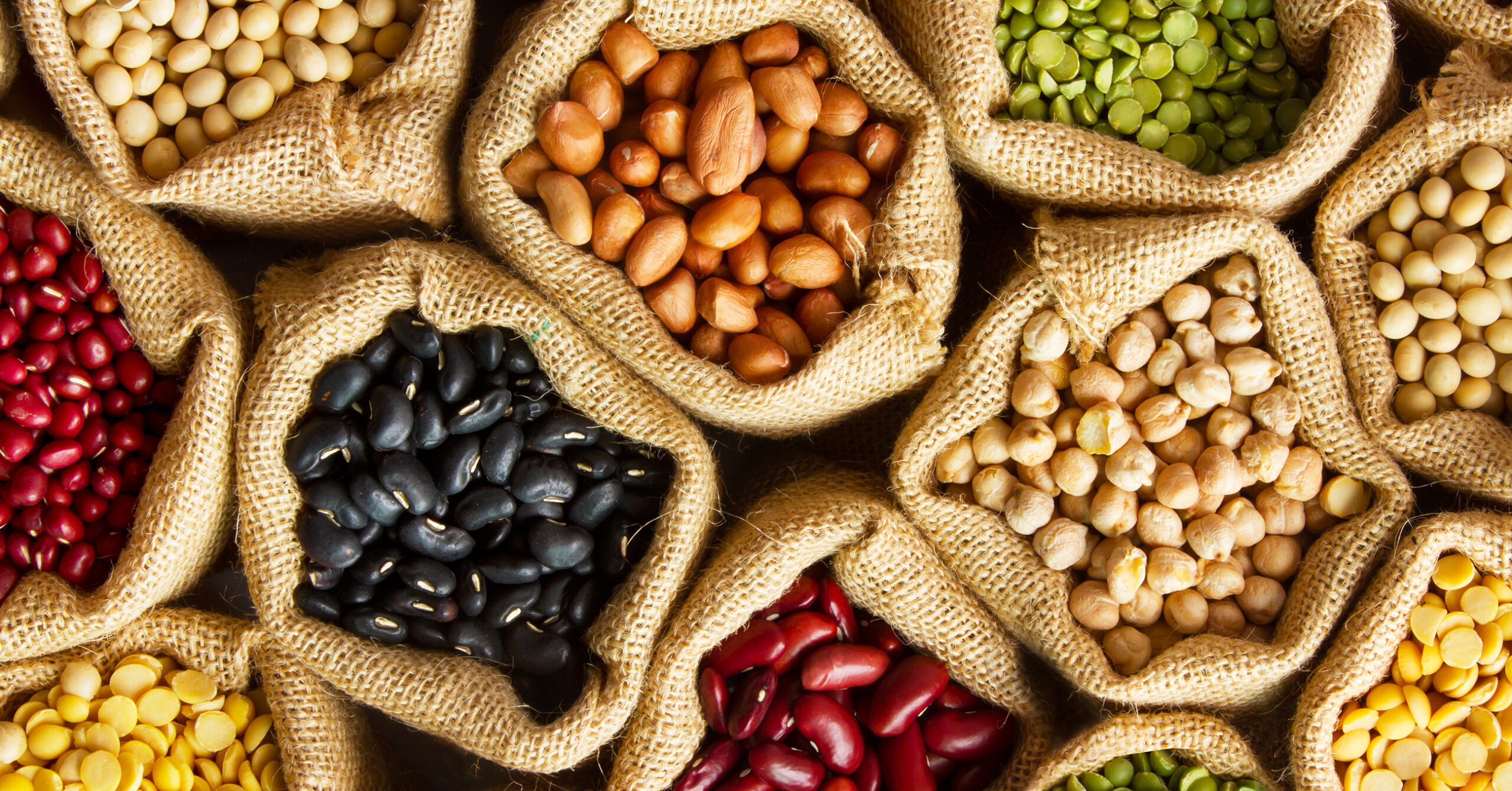Cool beans and why 2024 might become the year of legumes
Scientists, nutritionists, chefs, and foodies have wondered, “How can we feed the world and keep our planet alive for future generations?” Lab-grown meat? Edible insects? 3D-printed food? The answer may lie in a small and mighty ancient source that can play a crucial role in feeding people while fighting climate change. Paul Newnham, Executive Director of the UN’s SDG2 Advocacy Hub, said, “While there is no singular way to solve our complex challenges, there is a powerful ingredient: beans.” The Hub’s Beans Is How campaign aims to double global consumption by 2028, promoting beans as a simple and versatile ingredient.
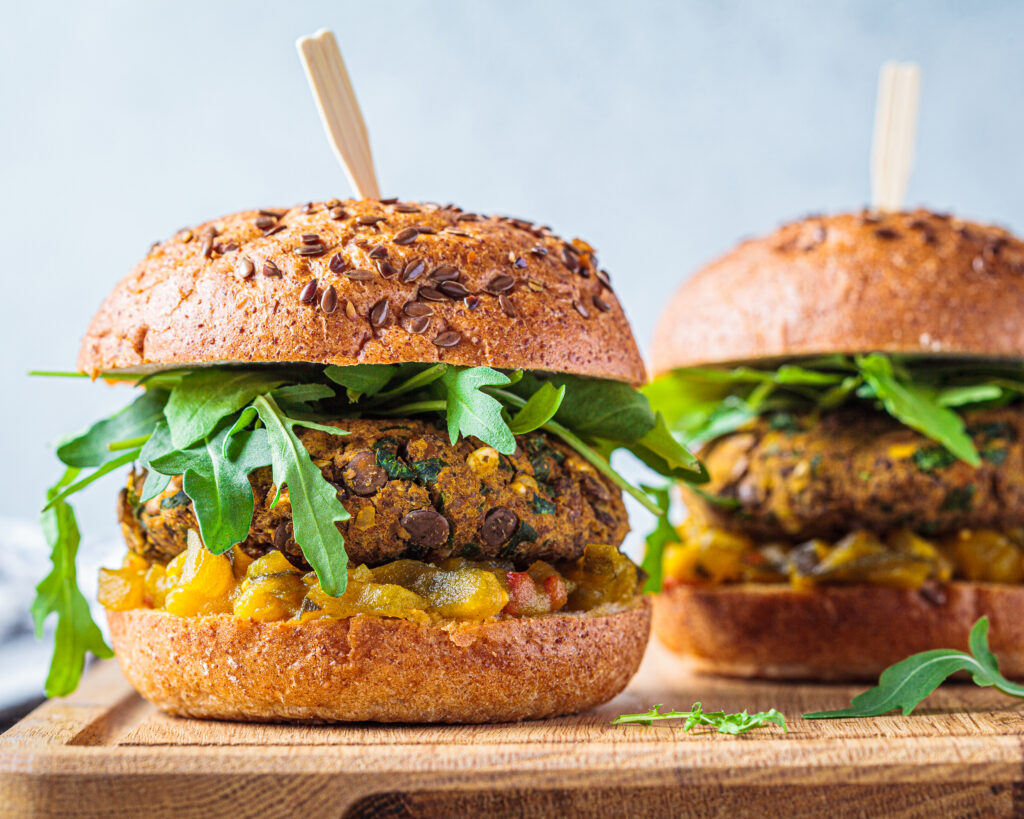
Legumes play critical role towards a broader shift
Euromonitor recently reported a pattern among consumers restricting animal-based products from their diets, with 54% Gen Z and 34% Baby Boomers shifting habits. Amelia Christie-Miller, founder of The Bold Bean Co, a luxury brand found at Sainburys, M&S, and Waitrose, had pursued a mission to make legumes the stars of the show, instead of the side dish. Christie-Miller, who previously worked in food sustainability, says, “Forget lab-grown meat. Beans are the ultimate plant protein.” The exciting recipes on Bold Bean Co’s Instagram page attest to their main character’s energy, from red bean ragu to mushroom bean-otto (a risotto made from beans). You can also opt for simple beans on toast for breakfast!
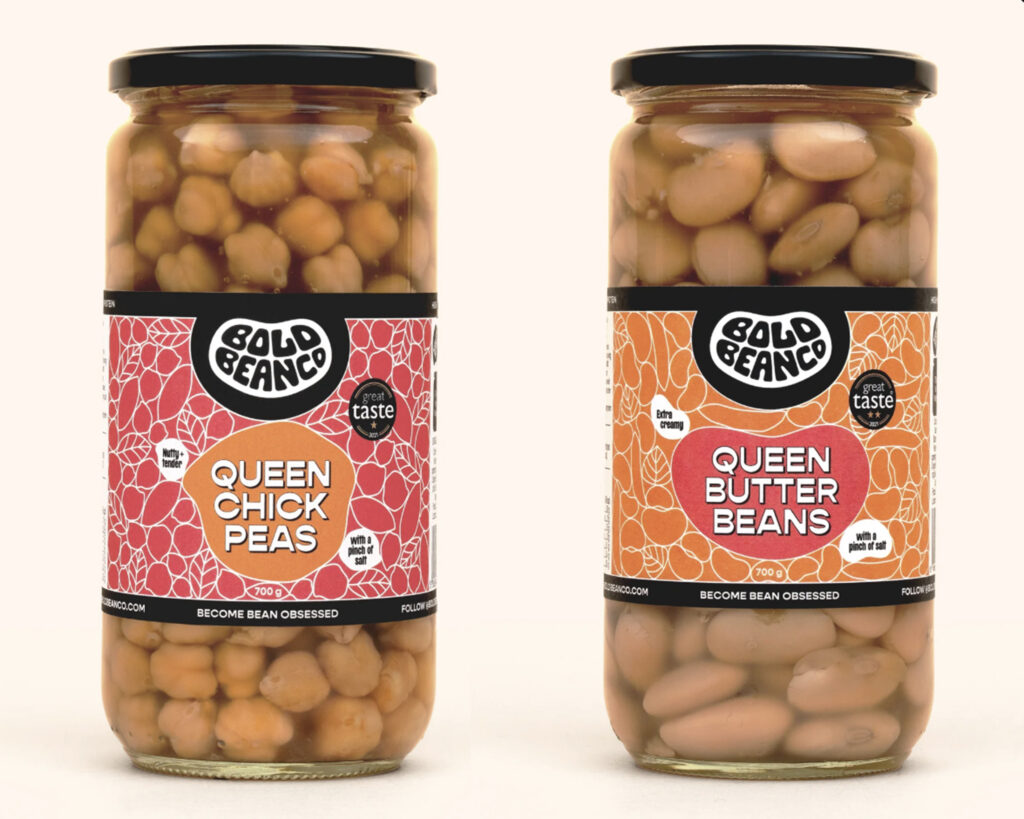
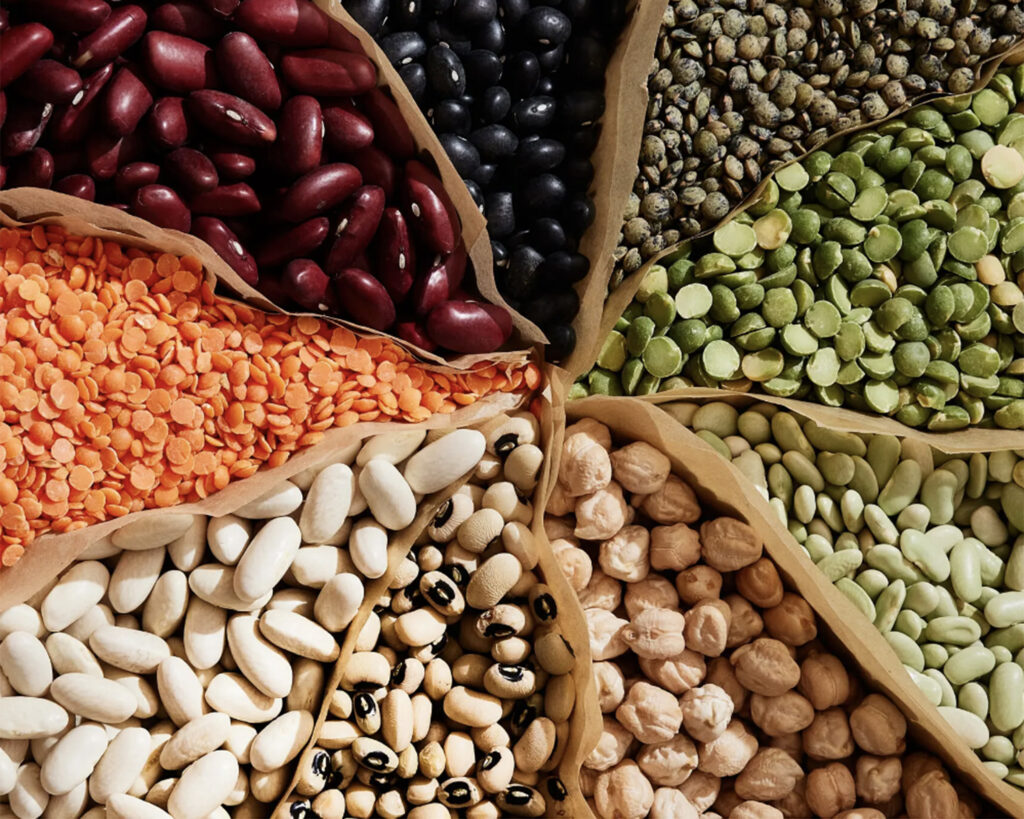
An ancient source to living longer trending today
Want the secret to living to 100 or more? Dr. Michelle H. Loy, an integrative medicine physician at New York-Presbyterian/Weill Cornell Medical Center, suggests that legumes form the shared component linking Blue Zone and Mediterranean diets. One longer-standing study found that legumes represent the most important dietary predictor of survival in older people of different ethnicities. A recent article in The New York Times cited just one cup of cooked beans, lentils, or peas contains 15 grams of protein, just under a quarter of the daily needs of an average adult. The fiber in legumes supports digestive health and encourages beneficial gut microbes. Additionally, legumes may lower LDL cholesterol, stabilize blood sugar, and potentially reduce the risk of coronary heart disease.


Legumes have been trending at the South by Southwest (SXSW) Conference and Festival in Austin, Texas, where those in the know look for standout brands. Chocho, an ancient legume, contains more protein than any plant source, as delivered in the brand Mikuna, which proves beneficial for smoothies and other tasty treats. Chocho grows in the Andes Mountains and is regenerative and drought-resistant. Chickpeas, or garbanzo beans, have been trending as a main ingredient in hummus, a popular Middle Eastern Dip. In 2023, Zooba, an Egyptian fast-casual restaurant, earned a spot among the Middle East/North Africa’s 50 Best Restaurants. They specialize in Ta’ameya, a fava bean-based patty similar to falafel. In addition to opening in Soho, New York, a Kuwait location debuts shortly!
Looking for a tasty twist on chickpeas? The New York Times recently offered a recipe for Five-star Indian butter chickpeas for no-energy nights. The excess water from chickpeas, or aquafaba, got discovered less than a decade ago and has more recently gone mainstream. The revolution came in 2015 when a software engineer named Goose Wohlt whipped up a broth. Wohlt dubbed the frothy discovery “aquafaba,” combining the Latin aqua (water) with faba (bean). The egg replacer’s popularity went viral. The Zero Waste Chef offers a recipe for making aquafaba at home to save money and bypass the BPA (or BPS or BPF) in the plastic lining of cans.
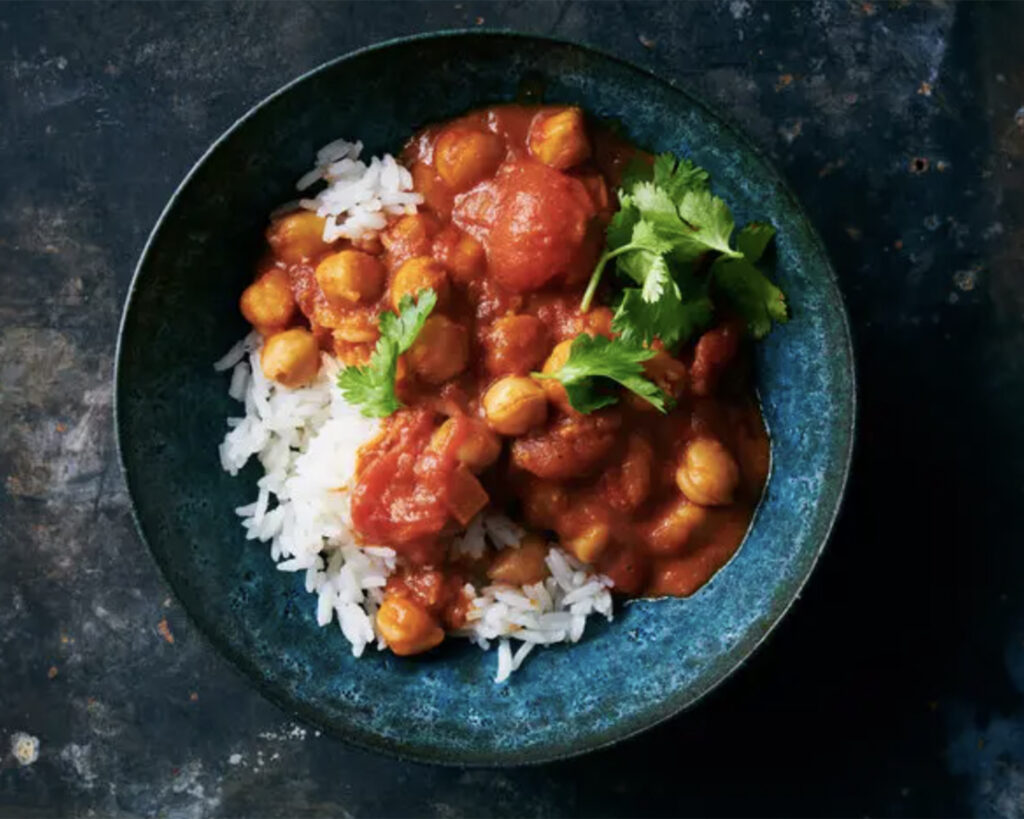

Chickpeas and Aquafaba going user-friendly with Symrise
Noting the rise in plant-based eating, Symrise thought of a convenient way to use chickpea and aquafaba flakes in sauces, spreads, dressings, ready meals, and healthy snacks. They offer all the good things by containing no EU allergen and being gluten-free and non-GMO. Also, they come with a shelf life of up to eighteen months. The range also benefits from the Symrise expertise in sustainable sourcing. As such, the chickpea ingredients satisfy the preferences of environmentally conscious consumers concerned about their dietary impact.
Are you excited by legumes’ plant-based opportunities? Let us know how you plan to incorporate them into your healthy eating!

